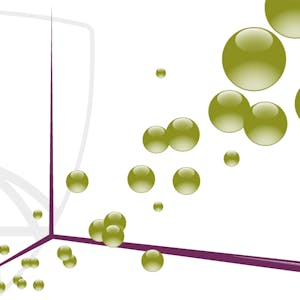This course covers the fundamental exploratory techniques for summarizing data before formal modeling commences. It delves into the principles of analytic graphics, plotting systems in R, and multivariate statistical techniques for visualizing high-dimensional data. Through this course, you will gain practical knowledge of using R for exploratory data analysis.
Certificate Available ✔
Get Started / More Info
This course spans four modules, covering topics such as R installation, plotting systems, cluster analysis, and case studies.
Module 1 introduces learners to R installation, setting working directories, analytic graphics principles, and exploratory graphs using the base plotting system in R. It also includes practical exercises and quizzes to reinforce learning.
Module 2 delves into the Lattice plotting system and ggplot2, covering topics such as working with colors and practical exercises. It offers in-depth learning through practical exercises and quizzes.
Module 3 focuses on hierarchical clustering, K-means clustering, dimension reduction, and working with color in R plots. Learners engage in practical exercises and lessons to apply clustering techniques.
Module 4 presents case studies on clustering and air pollution, offering practical exercises and a post-course survey to consolidate knowledge gained throughout the course.
Geographic Information Systems (GIS) Specialization equips you with essential skills to analyze spatial data, develop maps, and collaborate with peers in GIS fields....
The Basic Recommender Systems course provides a comprehensive introduction to leading approaches in recommender systems, covering collaborative and content-based...
Learn how to optimize query performance in Looker with this self-paced lab, focusing on persistent derived tables, aggregate awareness, and performantly joining...
Learn the fundamentals of lambda expressions in Python for data manipulation and exploration in this beginner-friendly guided project.